The Trial of the Century That Wasn’t
The case against Jefferson Davis, the president of the Confederacy, would have been a legal showdown of the ages
/https://tf-cmsv2-smithsonianmag-media.s3.amazonaws.com/filer/a2/a3/a2a3ee6a-e0fa-4d4f-912d-dadee25b54b8/may2017_h01_phenom-wr.jpg)
There have been plenty of Trials of the Century in American history, but the prosecution of Jefferson Davis for treason would surely have taken the 19th-century title—if it had happened.
The ex-Confederate president was released 150 years ago this month on $100,000 bail—well over $1 million today. More eye-popping than the amount was the list of 20 rich men who ponied up—which included three of the fiercest Unionists in the land. One of them was Gerrit Smith, a member of the “Secret Six,” who had helped finance John Brown’s raid on Harpers Ferry. Another was Cornelius Vanderbilt, who had donated his biggest steamship to the U.S. Navy. And then there was Horace Greeley, the excitable publisher whose New York Tribune had urged readers “Forward to Richmond!” when the Civil War broke out.
When pressed to explain why they were helping Davis, who’d been held at Fort Monroe in Virginia for nearly two years, the three said he was being denied a timely trial, and besides, the nation needed to heal from its wounds. Greeley was, predictably, the most bilious, telling the infuriated New York Union League Club: “Gentlemen,...I arraign you as narrow-minded blockheads, who would like to be useful to a great and good cause, but don’t know how. Your attempt to base a great, enduring party on the hate and wrath necessarily engendered by a bloody civil war, is as though you should plant a colony on an iceberg which had somehow drifted into a tropical ocean.”
Davis wasn’t always famous for disunion. As a U.S. senator and secretary of war in the 1850s, he was the champion of expanding the Capitol into the majestic meeting place Congress has today. At the same time, he was a resolute advocate for states’ rights. In 1867, he was prepared to argue that he did not betray the country because once Mississippi left it, he was no longer a U.S. citizen. “Everybody thought it was going to be the test case on the legality of secession,” says Cynthia Nicoletti, a University of Virginia legal scholar whose book Secession on Trial is due out in August. Serious people believed he had a chance of winning.
President Andrew Johnson took no chances. On Christmas Day 1868, he pardoned former Confederates from the crime of treason, thwarting vengeful Northerners, Lost Cause Southerners and headline writers all over the country.
Related Reads
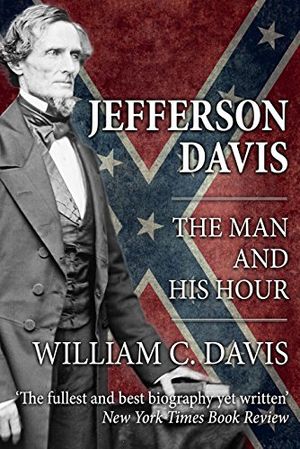
Jefferson Davis: The Man and His Hour
/https://tf-cmsv2-smithsonianmag-media.s3.amazonaws.com/accounts/headshot/tom-frail-head-shot.jpeg)
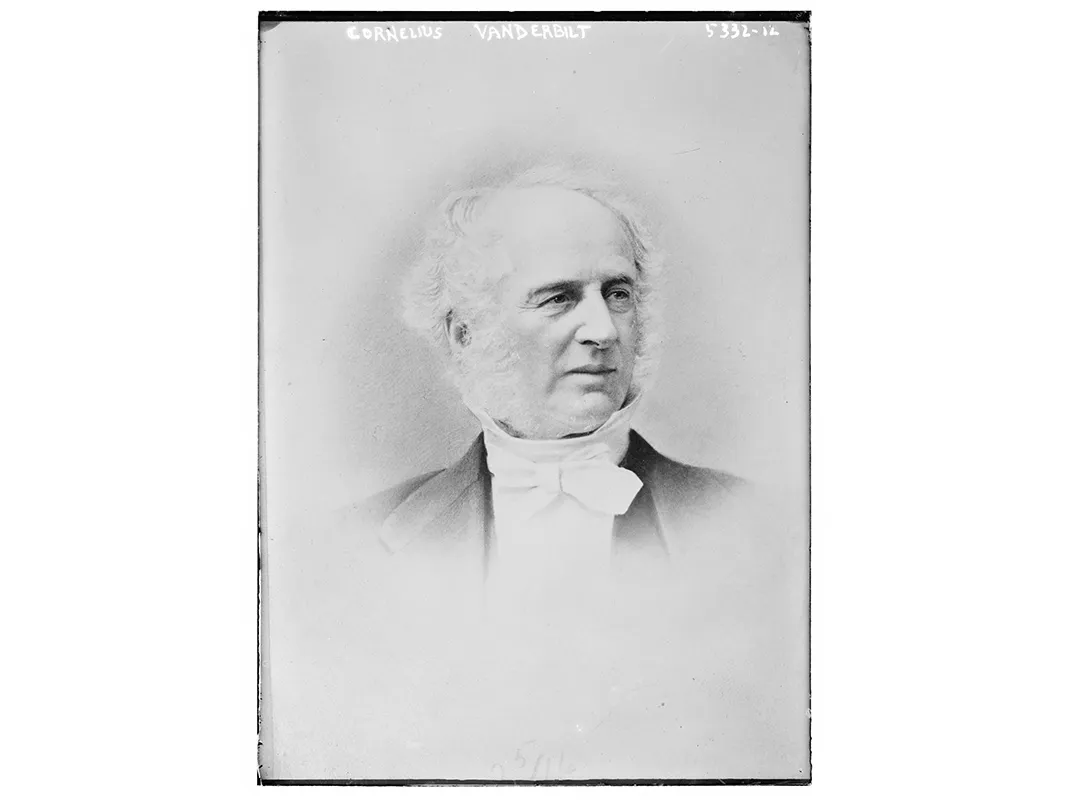
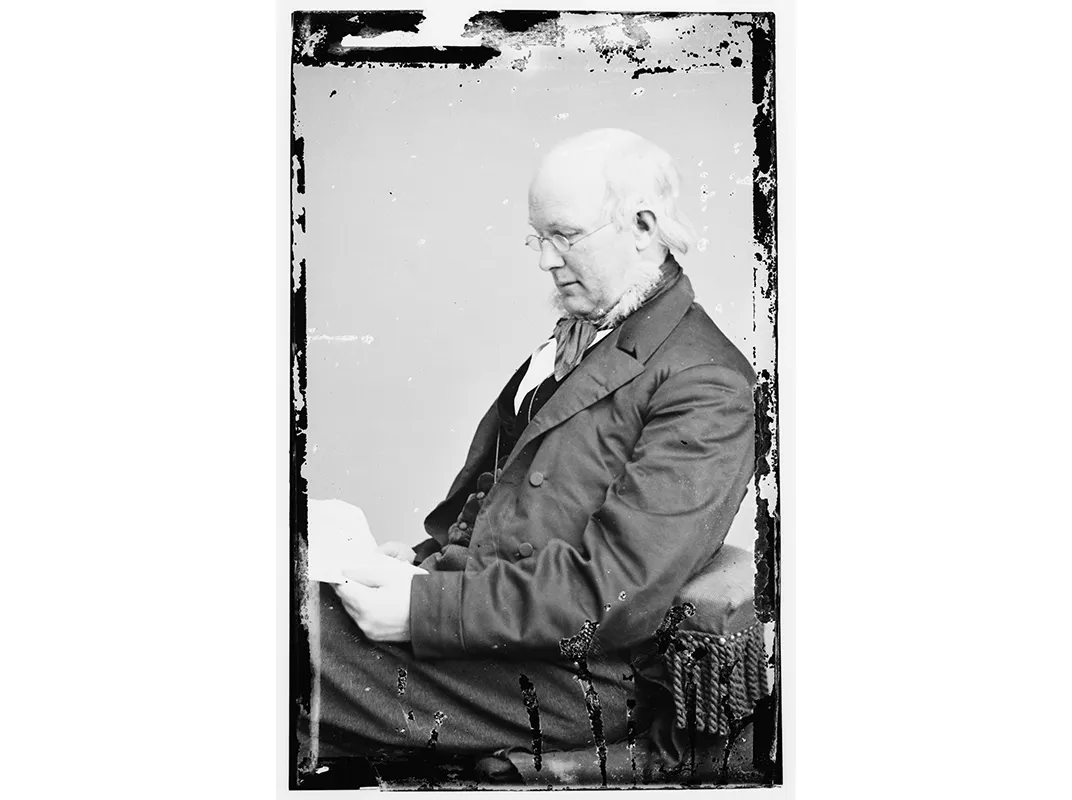
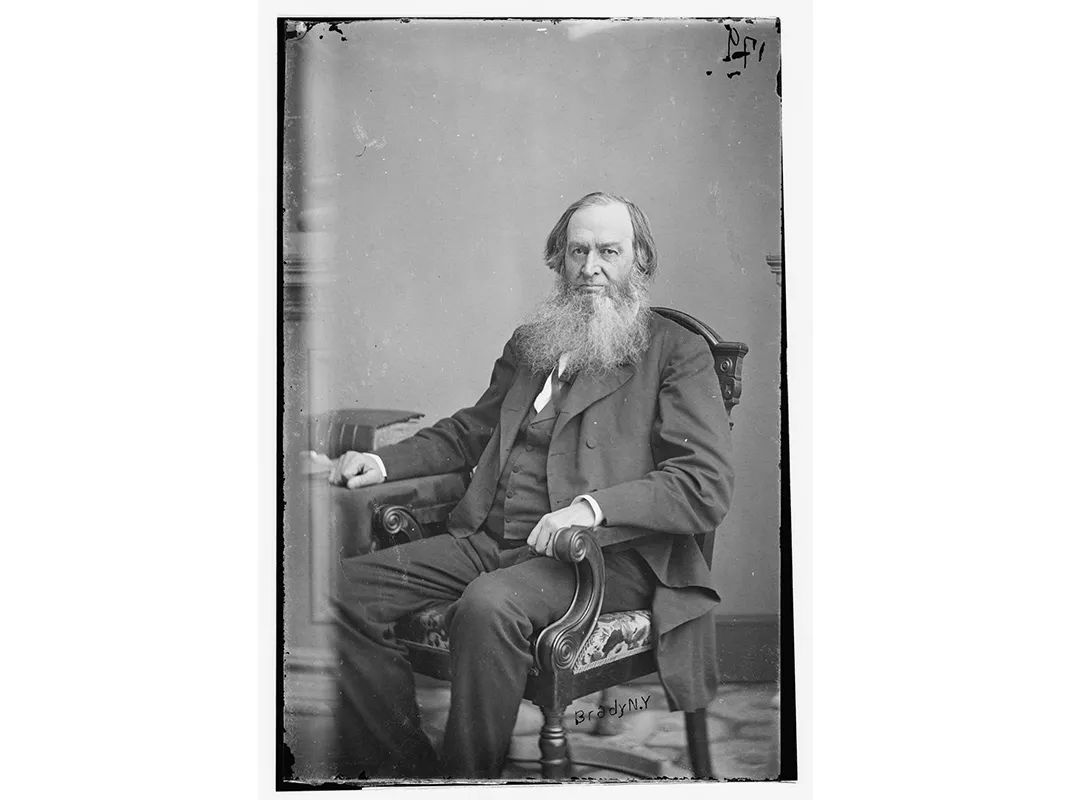
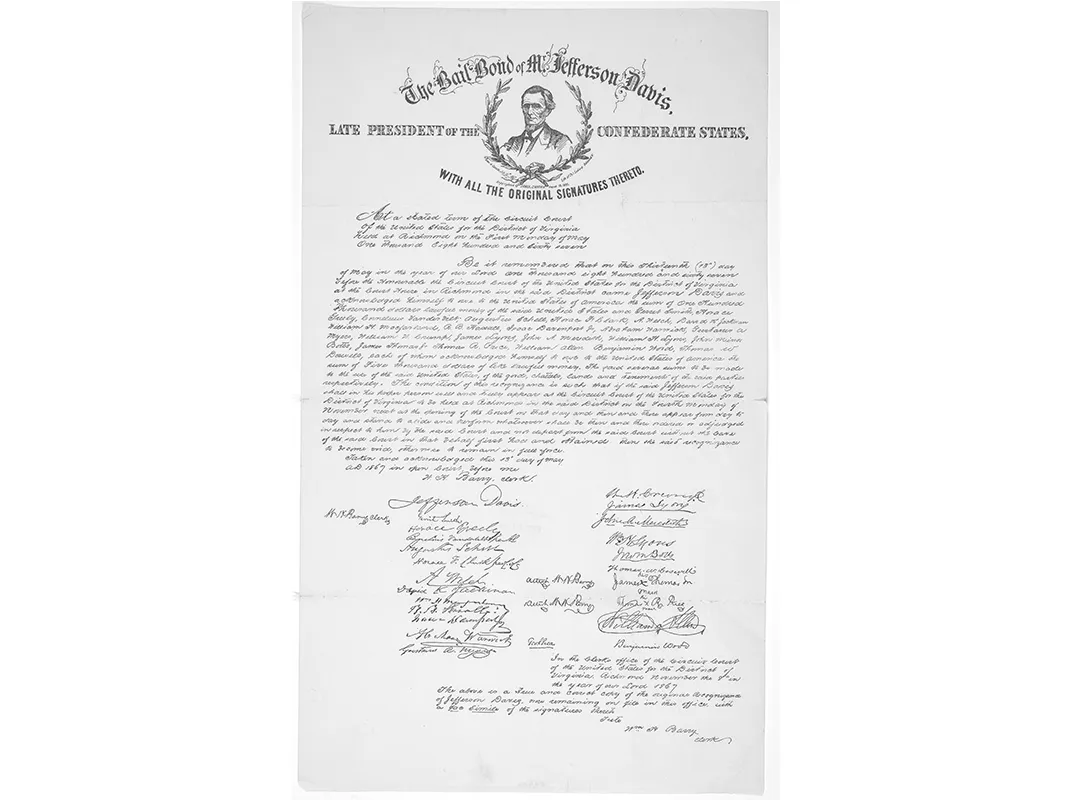
/https://tf-cmsv2-smithsonianmag-media.s3.amazonaws.com/accounts/headshot/tom-frail-head-shot.jpeg)